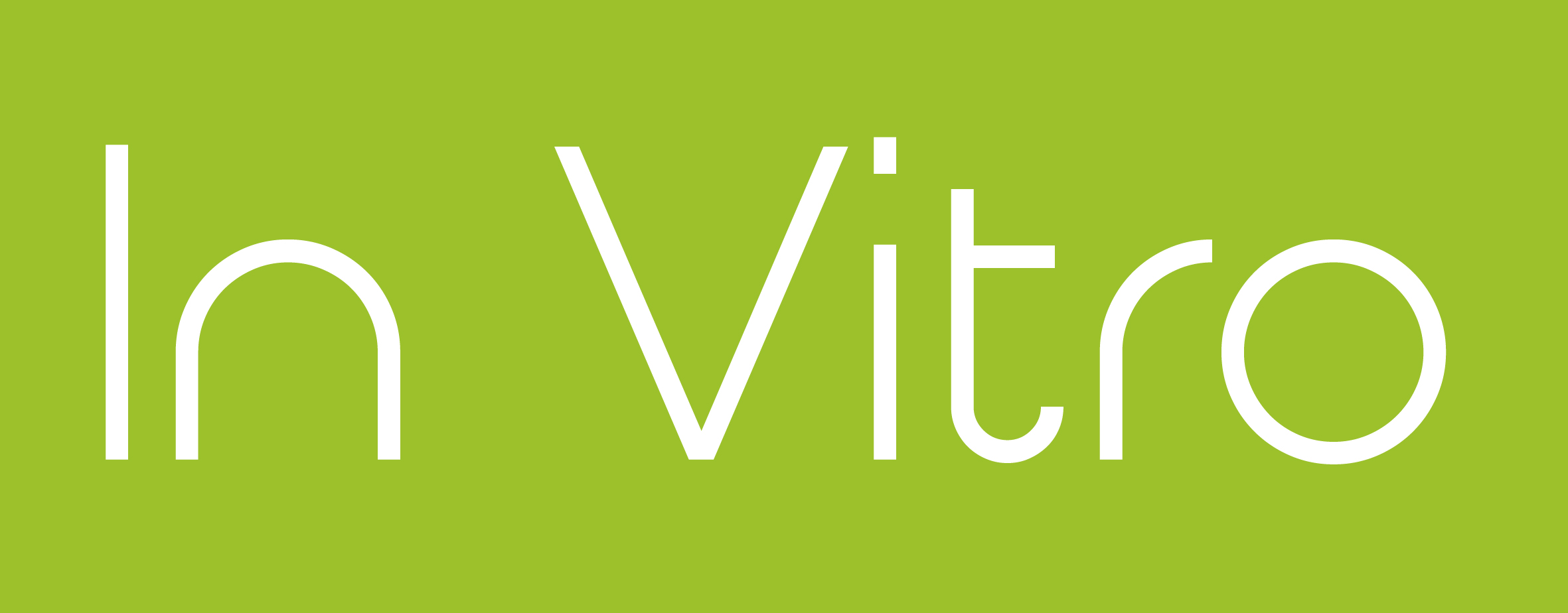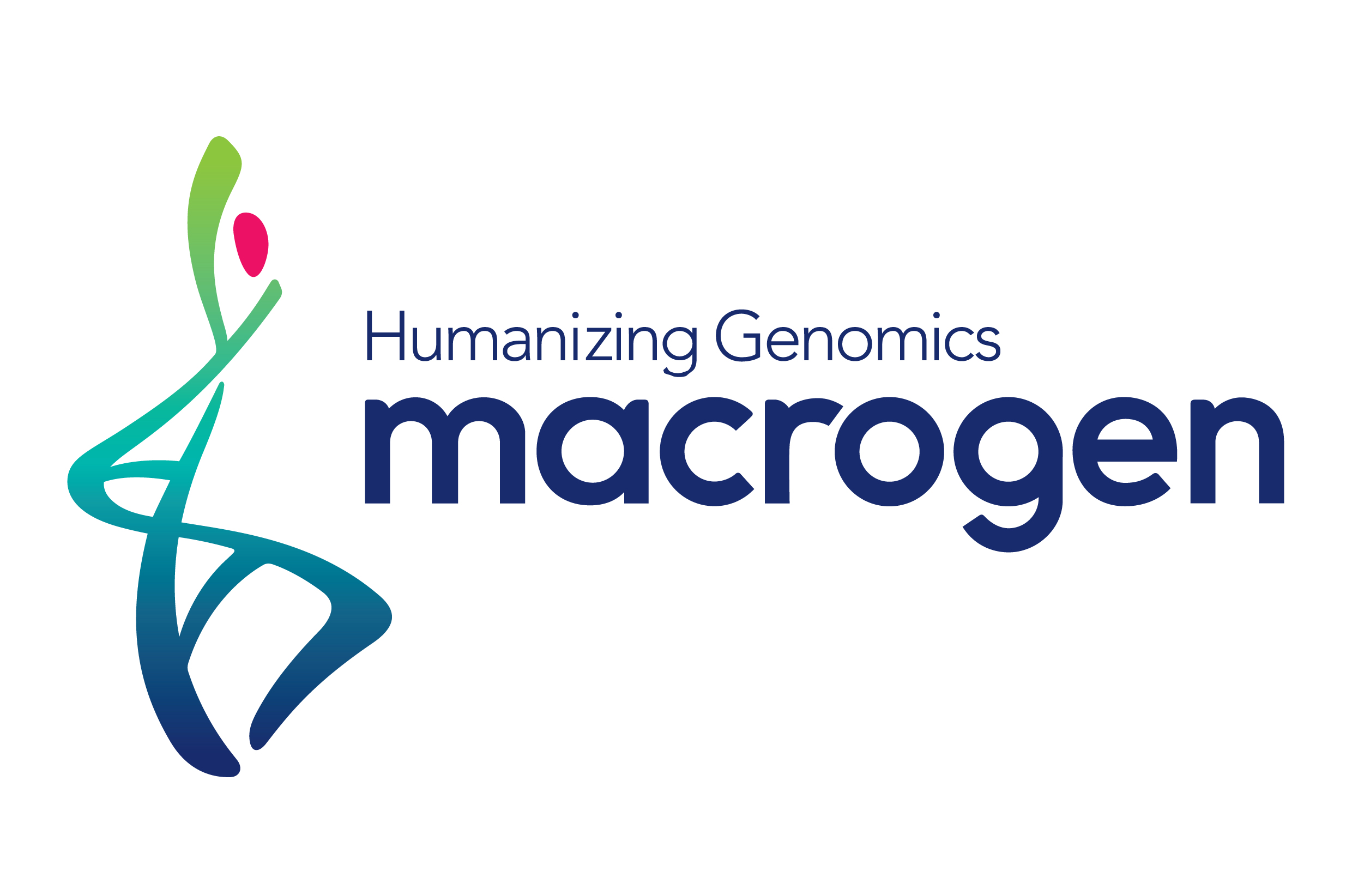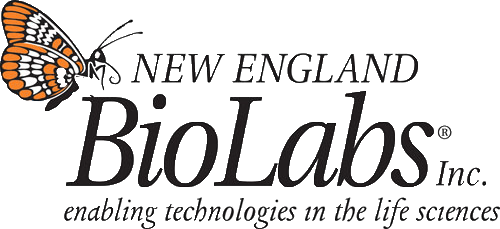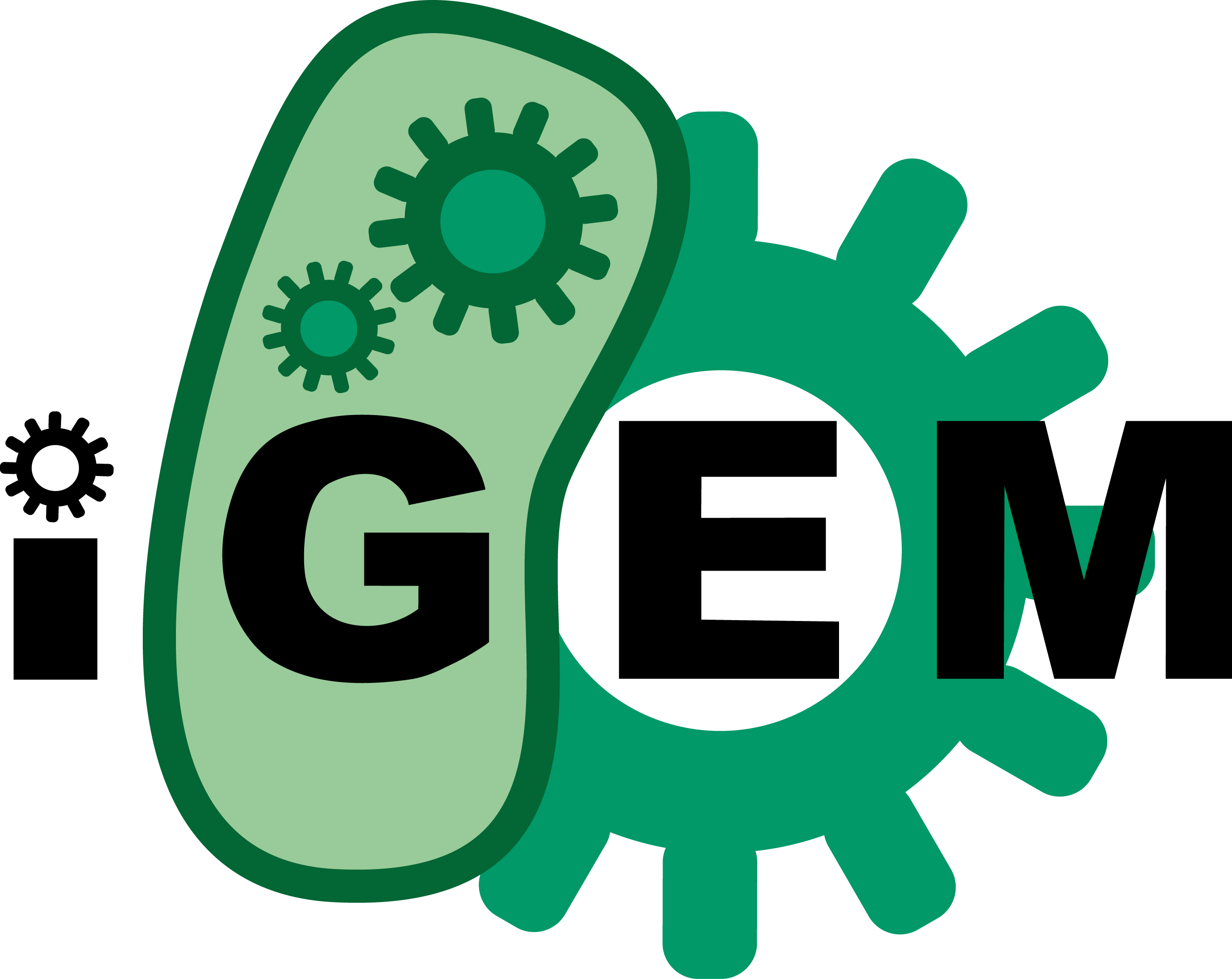Team:DTU-Denmark/Team
Introduction
Everything started with an iGEM meeting in January, facilitated by our supervisor Chris Workman. From then on our team met weekly and several sessions of idea generation followed -It was two of our members, Mads and Pernille, who finally came up with our project idea. Many months of project planning, fundraising, lab work and coding followed. All this work was as well as all other activities that are documented on our wiki were performed by our team members and the three high school students who joined our journey of hard work. Still, we wouldn’t have made it this far without the support and guidance from all the people involved.
We would like to thank our advisors who assisted us during the whole project and have provided invaluable advice and feedback. We would also express our thanks to everyone else who has supported us over the course project, be it with sharing their expertise or providing facilities and materials. A full list of acknowledgements can be seen below.
The Team
The DTU iGEM Team 2015 is composed of a group of ten motivated DTU students dedicated to exploring and sharing their passion for science. The team includes both Bachelor and Master students with a diverse set of nationalities and educational backgrounds in Biochemistry, Molecular Biology, Bioinformatics, Pharmaceutical engineering and Computer Sciences. Many of the team members are highly engaged in internationally recognized research groups, leading biotech companies or student organizations, where they have obtained valuable competences within science, programming, project management and communication. What unifies the team is the shared goal of providing significant achievements within the field of synthetic biology.
(The team strives to communicate these achievements and spread the general acceptance and accessibility of synthetic biology-based technology throughout the scientific community and general society. Furthermore, the team will focus on stimulating the interest of young minds to pursue an education within the realm of science, e.g. by hosting events and writing articles about synthetic biology in different general scientific forums.) ->move to human practice strategy?
Members


Mads Anderson
MSc Bioinformatics and Systems Biology (2nd year)
Mads is our software expert. In the iGEM team he is developing the Wiki Wizard and together with Pernille responsible for the overall planning of the project. During his studies he has been one of the lead developers on the oligo designer MODEST and the lymphocyte structure modelling tool LYRA. After iGEM he is going to do his master's thesis in lentiviral vectors at Aarhus University.

Viktor Hesselberg-Thomsen
BSc Biotechnology (1st year)
Viktor is not like most freshmen's in college. He has already won a young research competition, and on the DTU iGEM team 2015 he has been working hard mastering new methods in the laboratory from the first day. Viktor has done a lot of the lab work; and he was the first to succeed in the team at making our chassis Bacillus competent. Outside the lab, Viktor plays in a jazz band and then he would like to specialise in algae research.
Linkedin Profile
Karolina Kalbarczyk
MSc Pharmaceutical Design and Engineering (2nd year)
Having a wide range of interests, being on the iGEM team was a perfect opportunity for Karolina to combine some of her passions like her interest in synthetic biology, innovative start-ups and sharing knowledge in an international team. Originally from Poland, she has already a lot of international experience, having studied in Germany, England and now Denmark. Karolina was not only actively involved in our human practice activities, but also holds the record for the highest DNA concentrations in miniprepping and successful Gibson assembling.
Linkedin Profile
Linas Kaminskas
MSc Computer Science and Engineering (2nd year)
Linas is our expert within software development and the only non-biologically related student in our iGEM team. As he likes challenges, he decided to understand some Synthetic Biology problems and find some solutions for it. Linas tired to bridge between Computational Sciences and Biology, by creating a software enabling an easy design of oligos that would change a specificity of NRPSs, and be easy in use within scientic environment.

Tobias Løvgren Madsen
MSc Pharmaceutical Design and Engineering (2nd year)
Tobias is a life-saver for most of the team members. He kept track of the fundraising, organises our social events, and designed our board to keep track of ongoing activites in the lab and on the project. Tobias also has the fantastic ability to always be happy and bring beers to event. When he went to China for month to study public communications, there was no Friday beer. Besides all the organisational work, Tobias studies Pharmacutical Design and Engineering, where he focusses on entrepenuership and project development.
Linkedin Profile
Pernille Myers
MSc Bioinformatics and Systems Biology, honors (1st year)
Project leader/developer
When Pernille came home from her vacation in July nothing so far had really succeeded in our lab. She got things turned around and made our first BioBrick in less than a week. When Pernille is not in the lab; she fancies biking or jogging to Novozymes to do more lab work and travelling. Her most memorable trip was living in California, where she did research for a biotech company, or perhaps when she was invited to the Noble Prize Award Ceremony because of her project on brown bananas.
Linkedin Profile
Scott Myers
MSc Biotechnology (2nd year)
Scott is the team's protein chemist and the most excotic member of the team (he is from California). After his bachelor in Biochemistry and Molecular Biology from University of California, Davis, Scott got a job in protein chemistry at a Danish biotech company. After seven years, he decided to move to Denmark to finish his masters in Biotechnology at DTU. Being the most through person in the lab, Scott is in charge of important experiments, purifications, analysis, and proofreading all text on the wiki as he basicly has a minor in English. He was also in charge of our BioBrick tutorial for the other Danish iGEM teams. Outside school he enjoys soccer, ultimate, brewing beer, and more soccer.

Vilhelm Krarup Møller
BSc Biotechnology (2nd year)
Vilhelm is among the team members who have spent most of the time in the lab –he even brought his private coffee cup to university in summer. He always came up with new ideas to pursue as part of our Human Practice strategy and always knew what to discuss at our next meeting. Furthermore, he has contributed in the long process of making us an official Blue Dot project at DTU. He is planning to specialize in the field of bioinformatics and wants to do his thesis at the Center of Biological Sequence Analysis at DTU. When he takes a break from working on iGEM, he enjoys running and some more science.
Linkedin Profile
Michael Poulsen
MSc Pharmaceutical Design and Engineering (2nd year)
Michael was a part of many subprojects within our Human Practice activities. Besides taking care about Economy and Finances, he was a helpful hand in the lab, office and kitchen... He occured to be a masterchef, caring about our empty stomachs after long days in the lab. Additionally, Michael used his grafic designer skills in creating our team logo and final banner for iGEM Giant Jamboree.
Linkedin Profile
Verena Volf
MSc Biotechnology (2nd year)
Verena is a hardworking team member always prepared to attend the next meeting! She has been in charge of practicalities way ahead of the rest of the team ensuring facilities for every situation. An example of her commitment is her attendence at the BioBusiness Summer School 2015 to get a wider perspective of our policy and practice. She has been actively involved into our scientific project work in the lab but also responsible for organizing the BioBricks tutorial and taking care of practicalities. In her free time she enjoys bouldering, jogging as well as traveling and learning Danish.
Linkedin Profile
High School Students

Maja
Last year High School student
Maja is doing her last year of high school and finds biotechnology, chemistry, math, and sports very interesting. The iGEM project has made her aware of new possibilities and challenges of synthetic biology and has introduced her into a lot of new techniques and instruments. Maja has been helping with Minipreps and colony PRCs for the past months.
When Maja is not in class, lab or at work, you can find her at soccer stadium where she spends a lot of hours doing tricks, dribbles, and headers.

Nicolai Jørgensen
High School student
Nikolaj is the youngest member of our team. He is currently doing his second year of High School, with a focus on Biotechnology and Math. He actively participated in the wet and dry lab activities. Besides helping in the lab with PCR, running gel electrophoresis and DNA purification, he supported fund-raising and wiki-design.
When Nikolai is not thinking about a better way of optimizing oligos for our MAGE protocol, he enjoys spending time with his friends.
Thea
Last year High School student
Thea is currently doing her last year of High School, with a focus on Biotechnology, Chemistry, Math and English. Her primary goal of participating in the project has been learning 'as much as she could'. By helping in the lab, she has had the opportunity to discover new methods, and gain confidence in applying methods with which she was already familiar.
When Thea is not in lessons or in the lab listening to the relentless sound of the nanodrop machine, she is either playing or listening to music with her friends.
Advisors and Supervisors
Christopher Workman

Associate professor, Ph.D.,
Regulatory genomics,
DTU System Biology
Chris is the team's main instructor who has put together the team and has given advice from the beginning with brainstorming project ideas until now that the project nears its completion.
Mogens Kilstrup
Associate professor, Ph.D.
Metabolic signalling and regulation,
DTU Systems Biology
Mogens has been a great help with theoretical and practial work in the laboratory especially with his knowledge on gram-negative bacteria. He and Jan have also made their laboratory available for our team to use. We are grateful for the help he has given us with planning of experiments and the practial implementation.

Jan Martinussen

Associate professor, Ph.D.,
Metabolic signalling and regulation,
DTU Systems Biology
Jan has been a great help with theoretical and practial work in the laboratory especially with his knowledge on gram-negative bacteria. He and Mogens have also made their laboratory available for our team to use. We are grateful for the help he has given us with planning of experiments and the practial implementation.
Acknowledgements
Initial project phase
- Previous year’s iGEM team members Anne Sophie Laerke Hansen, Kristian Barrett and Kristian Jensen joined us during our first meetings, shared their experience and advice and helped us get going with our idea generation by introducing us to brainstorming techniques
- Faculty members of DTU Systems Biology Morten Sommer, Thomas Ostenfeld Larsen and Rasmus John Normand Frandsen gave feedback on our initial ideas
- Johannes Lundin Brockdorff gave feedback on our fund application draft
- Malene Bonné Meyer facilitated the contact with the high school students and helped us with managing our budget
Human practice and BioBrick tutorial
- Regina Schürmann kindly provided us laboratory facilities during the BioBrick workshop
- Kristian Davidsen was a great help during the BioBrick tutorial, helping both in the lab and answering questions concerning the tutorial.
- Mette Haagen Marcussen introduced us to different communication channels and helped us to define a strategy for streamlining our outreach intiatives as well as choosing our target group
Laboratory support
- Marzanna Pulka-Amin introduced us to the laboratory equipment
Art and Design
- Mads Møller Madsen from PF foto took pictures of our team
- Logo
Sponsors

The Lundbeck Foundation is an active industrial foundation established in 1954. Its main objective is to maintain and expand the activities of the Lundbeck Group, and to provide funding for scientific research of the highest quality.

Otto Mønsted Fund's main objective is to contribute to the development of Danish trade and industry. Within this overall framework, the Board has established detailed guidelines on funding for research and educational purposes within the technical scientific and commercial disciplines.

The Novo Nordisk Foundation is an independent Danish foundation with corporate interests. The objective of the Novo Nordisk Foundation is twofold: To provide a stable basis for the commercial and research activities conducted by the companies within the Novo Group and to support scientific and humanitarian purposes.

VWR supports its customers through a combination of product choices, operational excellence and differentiated services to improve its customers' productivity from research to production. For DTU iGEM 2015 they made a difference.

Frisenette is a Danish company which manufactures and markets we filters, filtration equipment, and glass and plastic consumables for laboratories. DTU iGEM 2015 highly recommend their products.

In Vitro's biggest ambition is to contribute locally, by creating a company in development that creates jobs, and the job, the environment and good customer experience is in focus. In Vitro helped our team with consumables and we can only recommend their service.

Thermo Fisher Scientific Inc. is the world leader in serving science. Their mission is to enable their customers to make the world healthier, cleaner and safer. We are greatful for their contribution to our team.

With more than 1,400 international patents, the AKG® brand has been delivering the powerful, undistorted sound that music professionals have relied on for more than 60 years, consistently producing some of the truest and most natural-sounding headphones and microphones in the history of audio. Their contribution made it possible to present our product as we wished on our terms!

With a corporate slogan 'Humanizing Genomics' Macrogens vision is to become the "Leader of Asian Biotech industry" with new medicine development capabilities based on ethnic group-specific "medical treatment/gene information integrated content. Thank you Macrogen for your contribution!

SnapGene offers the fastest and easiest way to plan, visualize, and document molecular biology procedures. SnapGene has been an essential tool for the DTU iGEM 2015 team! "With the use of the SnapGene tools our work has been remarkable easier with its great features." Victor DTU iGEM 2015.

Founded in the mid-1970s as a collective of scientists committed to developing innovative products for the life sciences industry, New England Biolabs is now a recognized world leader in the discovery, development and commercialization of recombinant and native enzymes for genomic research.
Medal Requirements
Bronze.
Your team must convince the judges you have achieved the following 6 goals:
- Register for iGEM, have a great summer, and attend the Giant Jamboree.
- Complete the Judging form.
- Create and share a Description of the team's project using the iGEM wiki, and document the team's parts using the Registry of Standard Biological Parts.
- Present a poster and a talk at the iGEM Jamboree. See the 2015 poster guidelines for more information.
- Create a page on your team wiki with clear attribution of each aspect of your project. This page must clearly attribute work done by the students and distinguish it from work done by others, including host labs, advisors, instructors, sponsors, professional website designers, artists, and commercial services.
- Document at least one new standard BioBrick Part or Device central to your project and submit this part to the iGEM Registry (submissions must adhere to the iGEM Registry guidelines). You may also document a new application of a BioBrick part from a previous iGEM year, adding that documentation to the part's main page.
Silver:
In addition to the Bronze Medal requirements, your team must convince the judges you have achieved the following 3 goals:
- Experimentally validate that at least one new BioBrick Part or Device of your own design and construction works as expected. Document the characterization of this part in the Main Page section of the Registry entry for that Part/Device. This working part must be different from the part you documented in Bronze medal criterion #6.
- Submit this new part to the iGEM Parts Registry. This part must be different from the part you documented in Bronze medal criterion #6. (Submissions must adhere to the iGEM Registry guidelines.)
- iGEM projects involve important questions beyond the bench, for example relating to (but not limited to) ethics, sustainability, social justice, safety, security, and intellectual property rights. We refer to these activities as Human Practices in iGEM. Demonstrate how your team has identified, investigated and addressed one or more of these issues in the context of your project. (See the Human Practices Hub for more information.)
Gold:
In addition to the Bronze and Silver Medal requirements, your team must convince the judges you have achieved at least two of the following goals:
- Choose one of these two options: (1) Expand on your silver medal Human Practices activity by demonstrating how you have integrated the investigated issues into the design and/or execution of your project. OR (2) Demonstrate an innovative Human Practices activity that relates to your project (this typically involves educational, public engagement, and/or public perception activities; see the Human Practices Hub for information and examples of innovative activities from previous teams).
- Help any registered iGEM team from a high-school, different track, another university, or institution in a significant way by, for example, mentoring a new team, characterizing a part, debugging a construct, modeling/simulating their system or helping validate a software/hardware solution to a synbio problem.
- Improve the function OR characterization of a previously existing BioBrick Part or Device (created by another team, or by your own team in in a previous year of iGEM), and enter this information in the part's page on the Registry. Please see the Registry Contribution help page for help on documenting a contribution to an existing part. This part must not come from your team's 2015 range of part numbers.
- Demonstrate a functional prototype of your project. Your prototype can derive from a previous project (that was not demonstrated to work) by your team or by another team. Show this system working under real-world conditions that you simulate in the lab. (Remember, biological materials may not be taken outside the lab.)
